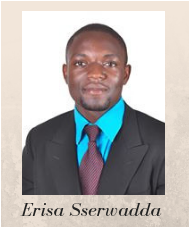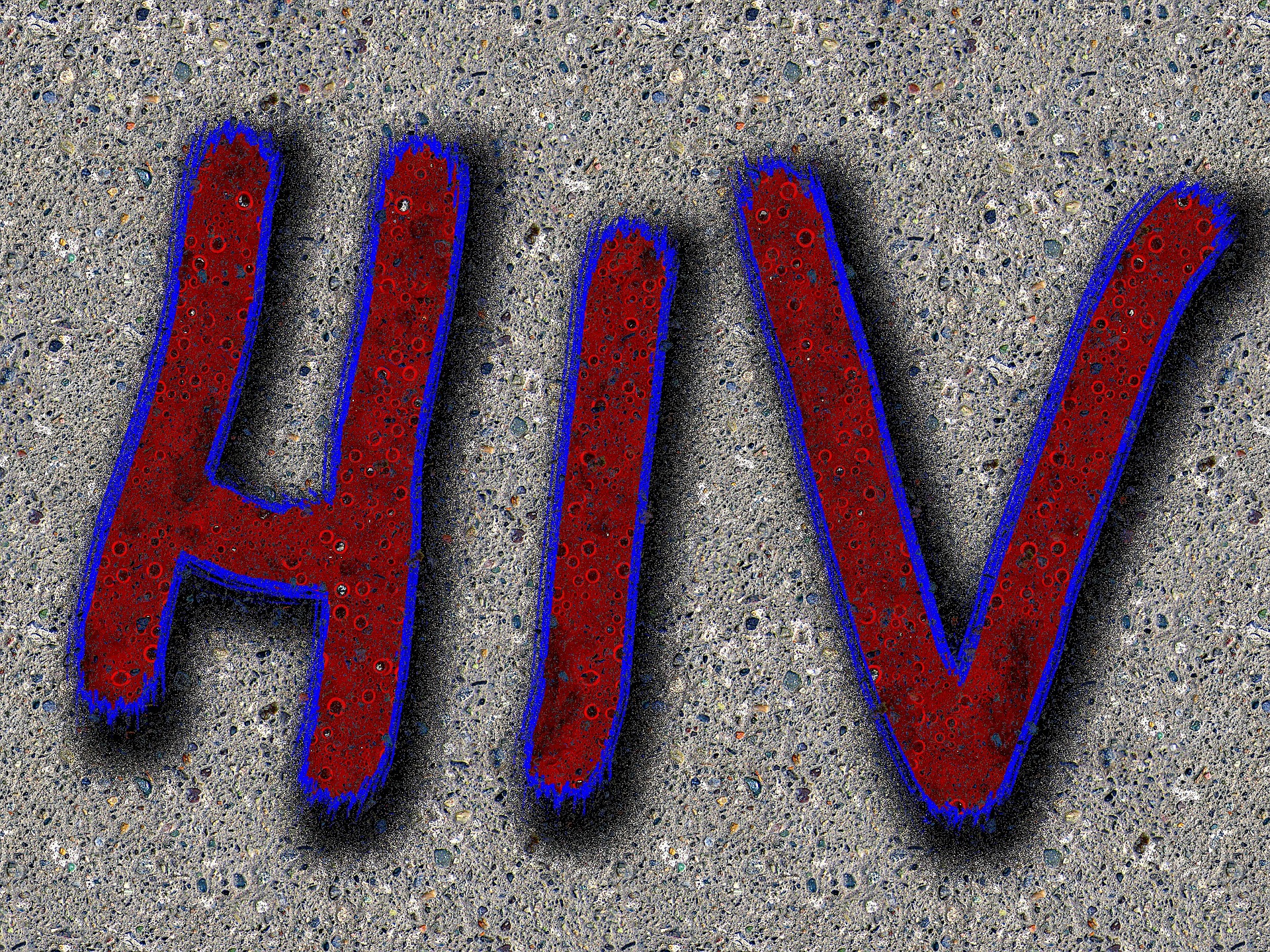“Hurry and rescue the people of Oil City”
January 20th, 2019 Lack of health education is one of factors feeding the high incidence of HIV/AIDS in one district in his country, argues Erisa Sserwaddad, 23 a correspondent from Kampala, Uganda who says government and other community based organizations need to act with urgency to address the needs of the fishing communities in Hoima district, Uganda.
Lack of health education is one of factors feeding the high incidence of HIV/AIDS in one district in his country, argues Erisa Sserwaddad, 23 a correspondent from Kampala, Uganda who says government and other community based organizations need to act with urgency to address the needs of the fishing communities in Hoima district, Uganda.
Despite Uganda’s progress in the fight against HIV/AIDS, this success remains precarious as the disease is an extremely serious threat to health, security and development of the country in areas like Hoima district, which is the severely affected by HIV/AIDS, especially in the fish landing sites.
The district is in Mid-Western Uganda and shares borders with Masindi and Buliisa Districts in the North, Kyankwazi District in the East, and Kibaale District in the South. It has attained the name Oil City regardless of its rural status.Oil City’s high incidence of HIV/AIDS is fueled by the uncontrolled movement of people from the Democratic Republic of Congo (DRC), Rwanda, and neighbouring districts of Buliisa, Masindi, Ntoroko, Fort Portal, Bundibugyo, Kasese, Nebbi, Gulu, Lira, Kyankwanzi, Kiboga and Kampala.Most of the migrants come from areas with even higher HIV prevalence, like central Uganda. Kaleebu et al., 2012 study argue that the HIV prevalence rates among migrants is 4 to 14 times greater than in the general population.
Unfortunately, most of migrant workers in Hoima I have interacted with, have beliefs about HIV/AIDS that are concerning. For instance, amongst the Bagegere tribe from the DRC, the prevailing belief is that HIV/AIDS is a curse and punishment from God for those who misuse their body. But misconceptions about HIV/AIDS are not limited to this tribe. There are others who believe HIV/AIDS is the result of witchcraft Against this background, I was not surprised when one man in Runga in Kigorobya had this to tell me:
“We do not believe that there is HIV/AIDS in this world. People are just bewitched for their sexual misconduct, involving infidelity. In our culture as Congolese, we do not have sex with people’s wives and that is why we cannot get HIV/AIDS. (We) have only found it in Uganda, but in our country Democratic Republic of Congo HIV/AIDS it is not there.That one is a punishment set side to implicate adulterous men and women in the community”
Such misconceptions and beliefs about HIV/AIDS, push people to migrate to other far landing sites to avoid being isolated and discriminated against by their people, who regard those living with HIV/AIDS as social misfits. The need for regular HIV education and testing and support in Hoima district is great.
One person from Sebagoro (a landing site along L. Albert in Hoima) told me,” We have only been helped by NGO officials who come and camp around to test people for HIV/AIDS, educate us about health issues and distribute condoms”
He however explained that,”Sometimes we find it hard to look for condoms and it is not easy to get them in shops. That is why we have a lot of HIV/AIDS around. The government workers here you rarely see them and those who come are here for a short time and they go away.”
Another person in Kaiso landing site also lamented that: “We have really been neglected by government health workers on matters of HIV/STIs. Even amongst us as fishermen, some of our friends are already infected with HIV/AIDS but we are neglected and only remembered by those health workers from NGOs who come from the town and sensitize us for a short time.”
He added that, “Some of our fellow fishermen have died of HIV/AIDS without any health care assistance and it is even worse that the trend of HIV/AIDS infections is continuing to rise in our fishing community.”
He also complained about the the treatment from government health workers, who he described as being” rude and harsh to us and we fear telling them our health issues. We just decide to hide our problems.”
Given these realities, it is imperative for government and other community based organizations to hurry and rescue the “Oil City”. This can be done through directing attention to HIV/AIDS education and prevention to help the migrant workers, as the majority of the population in the area is at risk for HIV/AIDS.Last but not least, circulation of HIV/AIDS related information routinely through several means in the community is needed , as many people lack access to sources of information on HIV/AIDS prevention.
Photo credit: Pixabay License
———————————————————————————————————————–
About me
I am a Social Worker, at Communication for Health Uganda, aspiring to improve on health of the poor and vulnerable groups in Uganda.I aspire to challenge youths in Uganda and Africa at large, to directly and indirectly engage in programmes that are of value to the society.I am a Global Activist on human Rights issues and I have passion for writing. I have authored several scholarly articles and papers on different topics with various media and publication houses. Reach me on Twitter @elishameds
…………………………………………………………………………………………………………………………………………………………………………
Opinions expressed in this article are those of the author and do not necessarily represent the views of the Commonwealth Youth Programme. Articles are published in a spirit of dialogue, respect and understanding. If you disagree, why not submit a response?
To learn more about becoming a Commonwealth Correspondent please visit: http://www.yourcommonwealth.org/submit-articles/
…………………………………………………………………………………………………………………………………………………………………………






